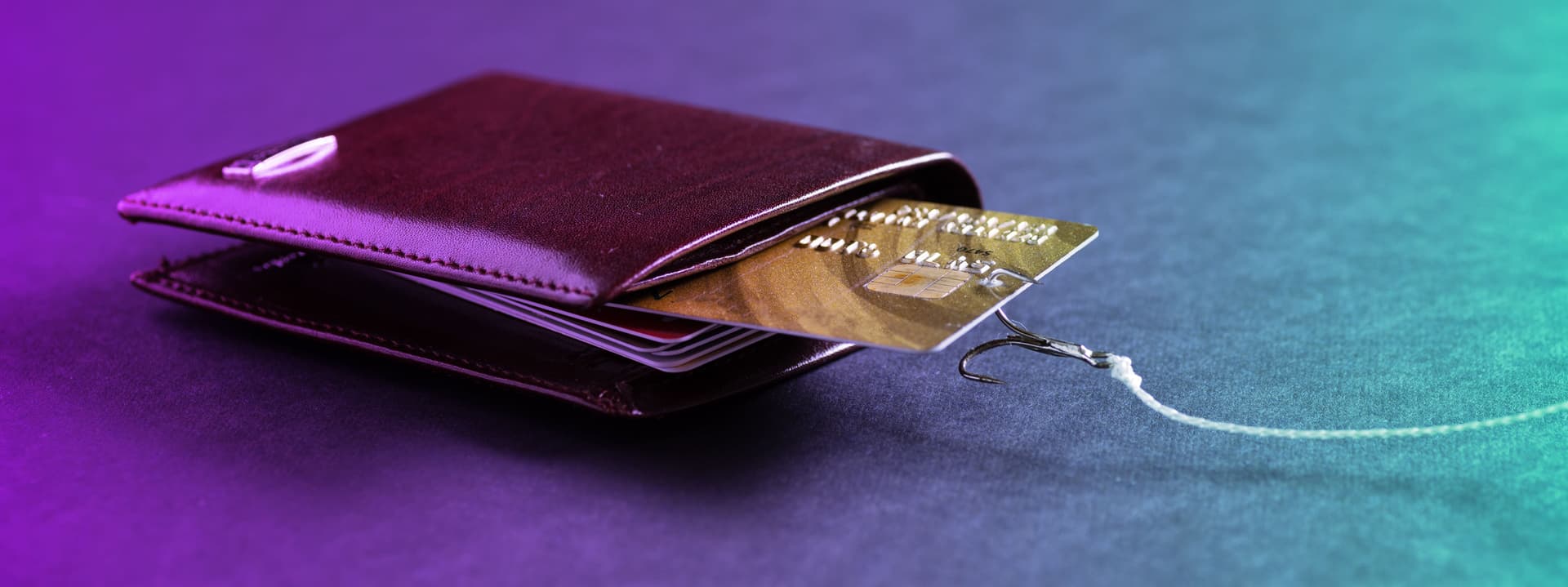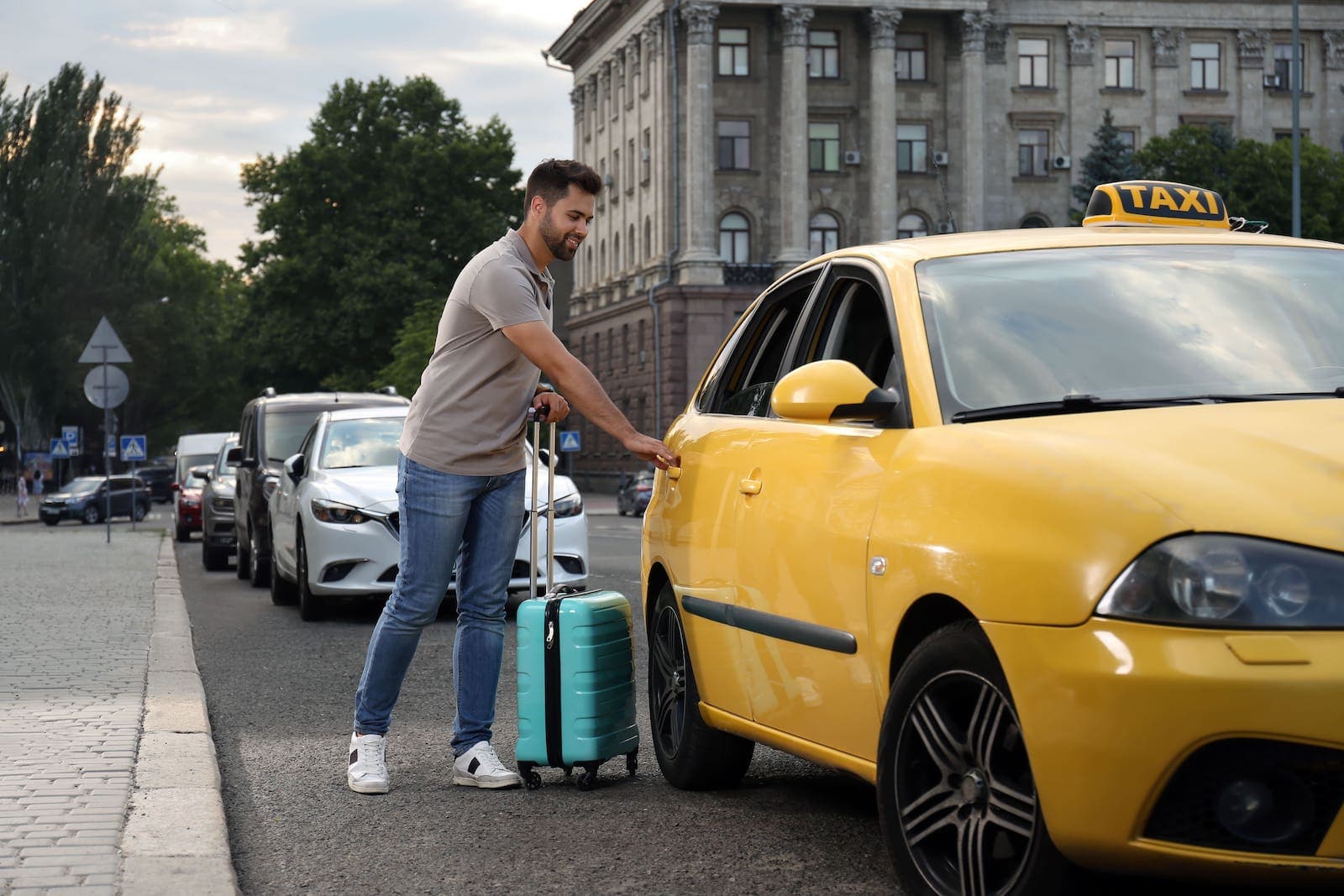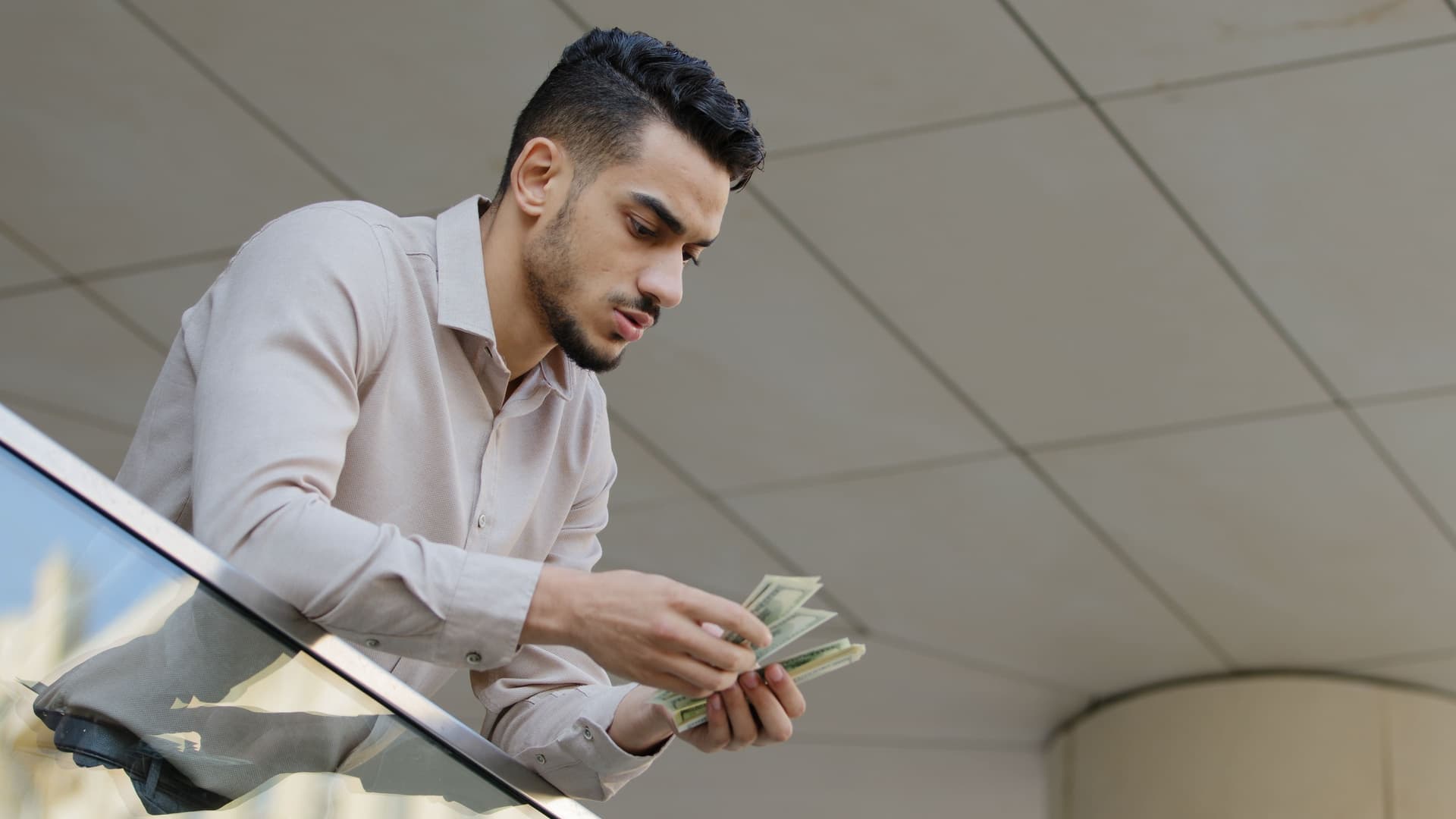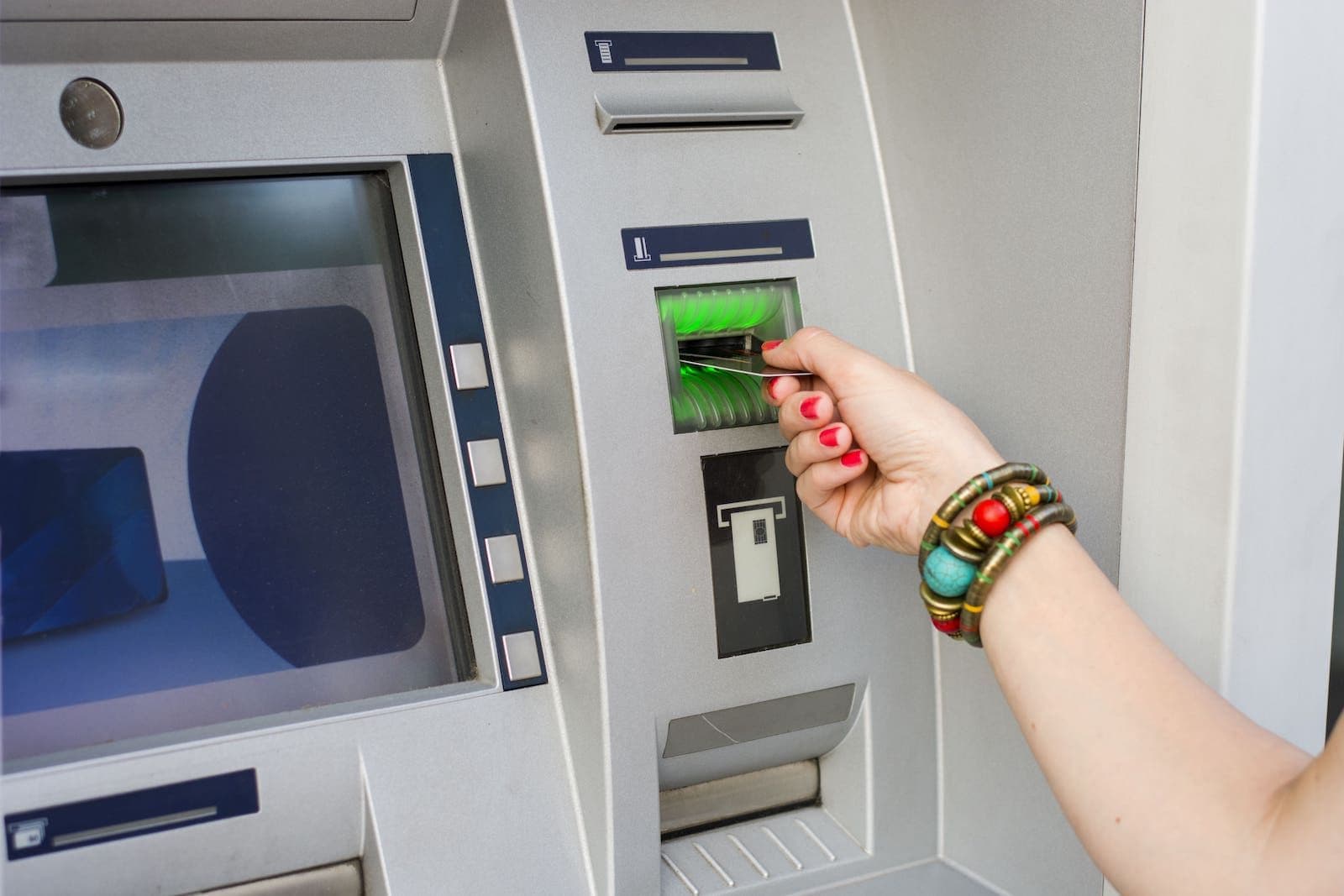
Table of contents
Share
Share
Yesim virtual SIM card
Get a 10% discount for your first purchase with the code
In this article, we talk about popular ways of travel scams. We will also give recommendations that will help you not fall for the bait of scammers and remain vigilant while traveling.
Tourist scam: 8 schemes of fraud on vacation and travel
As a rule, there are a few tourist fraud schemes, they are listed below:
- Border scam.
- Housing fraud.
- Taxi scam.
- Financial fraud in currency exchange offices.
- Free WiFi.
- Operations with bank cards.
- Offering free goods and services.
- Asking for help, impostors and other scammers.
It is important to understand how scammers operate in different countries of the world and how to avoid travel scams. Then you will be ready to confront them and your holiday will not be spoiled.
Read also: Mobile Internet in Europe: how to choose and connect the best option
Border Scam

The most frequent travel scams. People claim to be customs officers, border guards, visa officers, they offer assistance for a pay. At best, you will overpay for standard services. At worst, the attackers will be off with your money. In order not to fall for the bait, familiarize yourself with the border crossing procedure in advance. Do not give documents or money to people before ascertaining that their actions are legal and that they are official representatives of structures.
Housing fraud

Another frequent tourist scam. There are different options of this scheme: big discount booking ads, great rental deals, a list of addresses. How they work:
- they rent short-term apartments, for example for 1 day and then sublet them to several people on the long-term basis;
- pretend to be realtors, give a list of addresses for a fee, these addresses were previously downloaded from public sites;
- create fake pages,give fake contact details;
- pay for you with a credit card that was previously stolen from tourists in a hotel, to receive the same amount in cash from you in return;
- blame you for damaging property, claim compensation.
Therefore, double-check contacts on other sites, ask for property documents from lessors, pay in hotels via payment systems, and not by transfer to a bank card, the requisites of which you were given. Book accommodation only with the help of trusted services, on sites that have reviews of real customers. Before moving into the apartment, take a picture of the damage, draw up a contract with the description of damages.
Taxi scam

There is also such an undercover tourist scam. Taking advantage that you are not familiar with the area, the driver can take you on a detour route, through traffic jams. Some taxi drivers claim that the meter is broken, and after arriving at your destination point, issue a check for an impressive amount.
They may try to convince you that the hotel you have chosen is undergoing renovations or provides poor service. You will be recommended a specific hotel where it is better to stay. That very hotel will pay the taxi driver a commission for attracted clients.
Also the driver can tell that delicious pizza can only be found on the other side of the city. In this way, he earns twice — a commission for attracting a client to a pizzeria is added to the cost for a long trip.
Pay special attention to a taxi service fee. The driver can insist that you gave him a 5-unit banknote, not a 50 unit.
Therefore, to order a taxi, use well-known services (Uber, Lyft). Find out the cost of the trip from the hotel concierge or calculate it yourself using the online calculator on the official taxi company website Follow your route with Google Maps. If you see that you are being taken to a different address or a driver takes the wrong route, demand to stop the car. Use Follow My Ride (Uber), Share My Ride (Lyft) to share your location with your friends. When giving money to the driver, say the amount out loud.
Financial fraud in currency exchange offices

There is such an option of common travel scams. High commissions can be hidden behind a sign with an attractive exchange rate. Cashiers of exchange offices count slowly on purpose, constantly losing and starting again, so that you lose patience and leave without change. Sometimes they can give you counterfeit banknotes or banknotes in smaller denominations but visually similar in color and pattern, hoping you won't notice.
Don't give scammers a chance. Change money in banks and carefully count at the cashier, ask a cashier to announce the amount that they give you. Exchange currency away from tourist places, train stations, airports, where the exchange rate is the worst. In addition, there are always pickpockets hanging around, so you should be especially careful if you have a pack of banknotes with you. Do not immediately exchange a large amount, break it down into parts and make sure that the exchange was correct.
Free WiFi
Free internet is another travel scam. How does it happen:
- When connecting to a public network, you can unwittingly give attackers access to your personal information, bank accounts, passwords, logins, message history.
- Such Wi-Fi is easy to hack because the owners do not use data encryption.
- Some scammers create fake hotspots or duplicates of real ones.
- Your gadget can be contaminated with virus software.
To protect yourself, visit sites with a digital security certificate only. You can find it by https at the beginning of the address line or by the padlock icon in the link address line. Do not shop online or make banking transactions via free Wi-Fi. Turn on the VPN when using the network.
The safest way to access the Internet is to connect via eSIM. eSIM is a virtual SIM card that is already built into a smartphone in the form of a chip. That is, you do not need to buy a local SIM card or pay for roaming from the card that you already have.
eSIM is embedded in almost all modern gadgets. For your convenience, we provide a complete list of smartphones that support innovative technology. Make sure your device has an eSIM, install the Yesim mobile app and connect to the Internet in any of 130 countries around the world at great rates.
Read also: What is eSIM: what is it for and how to use it
Operations with bank cards

There is also such an undercover tourist scams.Possible bank card fraud options:
- The debited amount exceeds the invoice amount or the transaction was made twice.
- The seller imitates a telephone conversation and can sneak a picture of the card details.
- The ATM has a skimming device that reads the PIN code.
- The person in line behind you snatches the money out of your hand and runs away.
- A passer-by offers assistance with withdrawing cash.
- The waiter takes your card for payment and secretly writes down its details.
To avoid fraud, check the amount entered in the terminal before making a payment. Do not give your card to anyone, apply it to the terminal yourself, even if you need to go with the waiter to the bar counter. Carefully check the ATM for foreign devices, withdraw money indoors, not outdoors, politely refuse any help from passers-by. Ask friends or family members to be around while you cash money.
Free goods and services
This is one of the most common travel scams. In a cafe, even before ordering, they can bring bread, water, snacks, an aperitif. There will be alcohol in the hotel room. A child who runs up will give you a flower. The monk will tightly tie a string with an amulet on your hand. A person will find a gold ring or a large sum next to you and offer to return it for a fee. In gratitude for the picked up brush, the shoemaker cleans the shoes.
The consequence in all cases is the same — an obsessive demand for payment, scandal, noise, chasing. Remember that nothing in life is free — don't accept services, don't take goods.
Asking for help, impostors and other scammers
Another frequent tourist scam. A casual acquaintance will tell a tragic story about his life. A woman will ask for money needed for treatment of her sick children or for food for starving animals. Walking, a tourist suddenly stumbles over a glass of alms, which was collected by a cripple. A married couple asks to take a picture, returning the camera, you will accidentally break it. Therefore, keep emotions under control, do not try to help everyone.
Policemen meet tourists on the street and demand to show a wallet, a bag to prove that there is no counterfeit money or drugs. A passer-by will offer to take a picture of your family. Costumed characters will suddenly appear in the picture, or a monkey will jump into your arms. While changing a punctured tire, a bag will disappear from your car. A man or a woman will strike up an acquaintance with you and offer you a drink at a bar. Having bought an expensive product, you find out that this is a fake or it is broken. A restaurant has 2 menu options with different prices.
Remember that the police do not have the right to inspect your personal belongings. Ask them for identity cards, suggest that you go to the police office and report to the consulate. Politely refuse the help from unfamiliar people. Keep everything under control, especially watch people and their actions carefully. Read reviews about establishments.
Knowing the ways you can be deceived means being prepared for it. Do not trust others, watch money and things, politely refuse to communicate with strangers, do not chase free internet, souvenirs or services. In this case only pleasant memories will remain from the rest.
Share
Share
FAQ
Popular ways to deceive tourists?
The most popular travel scams are:
- rent fraud;
- taxi scam;
- financial fraud in exchange offices;
- personal information theft through free internet access points;
- the imposition of free services, goods with a subsequent requirement to pay their cost;
- manipulations with accounts and bank cards when making non-cash payments.
How can a traveler protect himself from a scammer?
Be attentive to everything that happens around, do not trust strangers, check any information. To protect your personal and payment data, use the mobile Internet through the applications of trusted providers, such as Yesim
How can we avoid travel scams?
To avoid travel scams, research your destination, remain vigilant, and trust your instincts. Verify the legitimacy of services, avoid sharing personal information, and use reputable booking platforms. Stay informed about common scams in your travel area, and consider travel insurance for added protection.
What are the most common travel scams?
Common travel scams include fake taxi services, accommodation fraud, distraction theft, and overcharging for services. Tourists may also encounter scams involving unsolicited help, like carrying bags or offering directions, where scammers expect a tip. Awareness is key to staying safe, so always be cautious and skeptical.
How to deal with tourist scams?
If you fall victim to a tourist scam, remain calm and document the incident, noting details like location and individuals involved. Report the scam to local authorities, and, if applicable, to your hotel for assistance. Additionally, sharing your experience online can warn other travelers about potential scams.
Recommended eSIMs
Pay & Fly
Unlimited data. Pay as you go
Europe & UK eSIM
33 countries
United States eSIM
from $1.72 / day
United Kingdom eSIM
from $1.88 / day
Turkey eSIM
from $1.88 / day
Germany eSIM
from $1.88 / day
France eSIM
from $1.88 / day
Italy eSIM
from $1.88 / day
Spain eSIM
from $1.88 / day
Israel eSIM
from $1.80 / day
Japan eSIM
from $2.20 / day
Indonesia eSIM
from $1.88 / day
